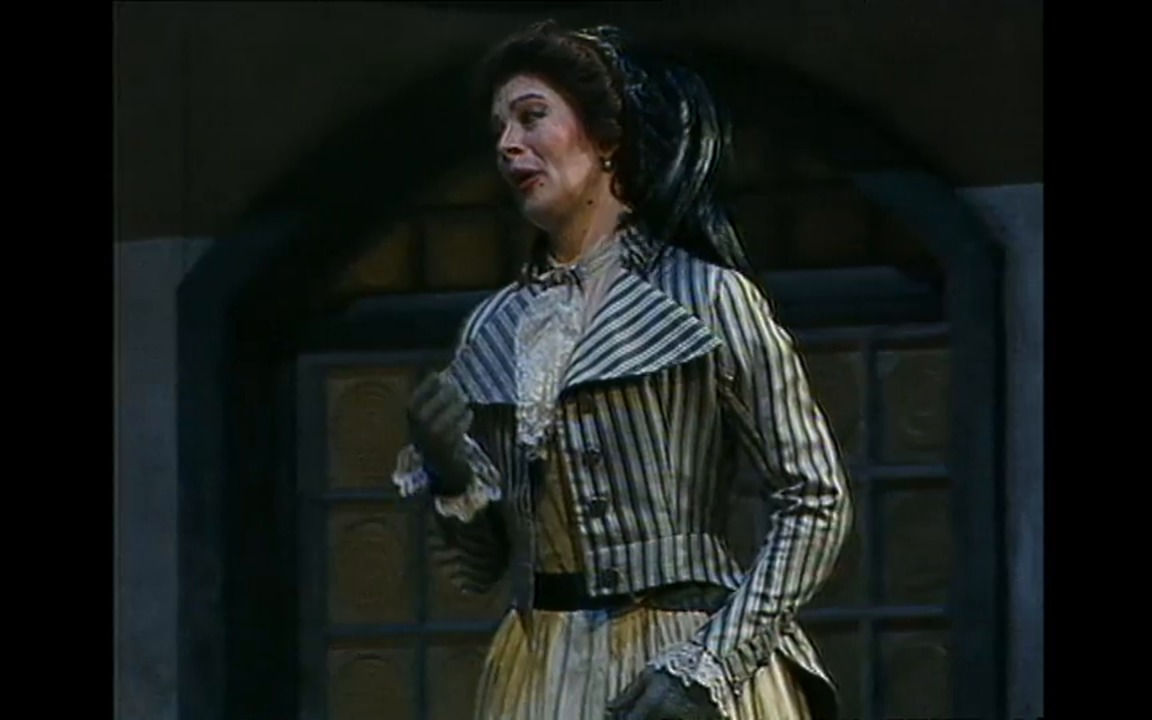Samson et Dalila is a representative example of that exoticism which in the 19th century acted as one of the main movements of the French imagination. The only one of his thirteen operas that has remained in the repertoire, Saint-Saëns adheres to an authentic stage tradition that includes titles such as Meyerbeer's L'Africaine, Bizet's Les pêcheurs de perles, or Delibes' Lakmé. The well-known biblical plot is used to create a work that is somewhere between an oratorio and a grand-opera. From the former, the structural sense, the importance of the chorus and a certain staticism, evident in Act I. From the latter, the almost grandiloquent tone, the spectacular staging and the importance of the ballet, as well as an enveloping voluptuousness.
Along with the frequent choral interventions, the numbers of Samson, a tenor with heroic tonalities, and especially those of Delilah, one of the most important roles assigned to the mezzo-soprano voice in the history of the genre, such as the beautiful "Mon coeur s'ouvre à ta voix", from Act II, are worth mentioning. In the orientalism that dominates the brilliant setting, Saint-Saëns uses procedures derived from Arab music, often from North Africa, and which are also reflected in the last of his piano concertos, subtitled "Egyptian" in the Suite Algérienne or in Africa, for piano and orchestra.
Opera in three acts
Music by Camille Saint-Saëns (1835-1921)
Libretto by Ferdinand Lemaire
Production of the Teatro Colón of Buenos Aires
Chorus of Valencia
Principal Orchestra of the Teatro Real
Ballet of the Community of Madrid
Artistic team
Conductor | Luis Antonio García Navarro
Stage director, set, costume and lighting designer | Beni Montresor
Choreographer | Eduardo Lao
Lighting | José Luis Fiorruccio
Assistant to the stage director | Matías Cambiasso
Technical coordinator | Eduardo Caldirola
Répétiteurs | Patricia Bayer, Riccardo Bini, José Antonio Torres
Chorus master | Francisco Perales
Ballet director | Víctor Ullate
Cast
Samson | Plácido Domingo
Delilah | Carolyn Sebron
High Priest of Dagon | Alain Fondary
Abimélech | Jean-Philippe Courtis
Old Hebrew | Stefano Palatchi
Messenger | Santiago Sánchez Jericó
First Philistine | Ángel Rodríguez
Second Philistine | Francisco Santiago






